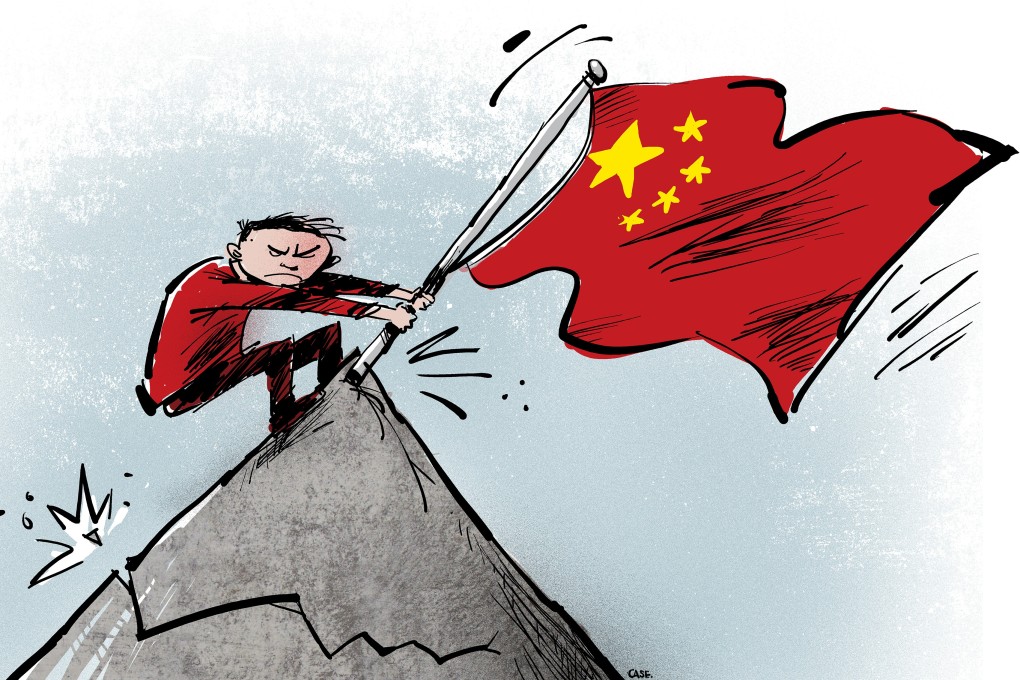Advertisement
Opinion | Is China coming full circle by repeating the Qing court’s self-defeating mistakes?
- Xi’s China is implementing an ambitious vision through projects like the Belt and Road Initiative. Yet, when it comes to Xinjiang, Hong Kong and Taiwan, Beijing’s decision-making processes seem as obstinate as those in Qing China
Reading Time:4 minutes
Why you can trust SCMP

Are we finally seeing Pax Sinica 2.0, or is China engaging in a self-fulfilling prophecy that will lead to its doom (again)?
Back in 2013, I wrote in the Post that China proffered a valid voice that would help maintain and shape the international order in its current form. My 2015 book China, State Sovereignty and International Legal Order argued that China’s assertions and exercise of sovereignty should not be taken automatically as signs of aggression, or acts beyond the remit of international law, that would threaten world peace. In turn, international law would moderate and influence China’s state behaviour, both within its territory and in its relations with other states.
Since then, President Xi Jinping has further tightened his grip on power, with any term limit on his presidency removed. In his report to the 19th National Congress of the Communist Party, at the Great Hall of the People in 2017, Xi promised to propel China into “a new era”.
Advertisement
Instead of a harmonious rise during the 2000s, China is implementing an ambitious vision of itself and the world through the Belt and Road Initiative and the Asian Infrastructure Investment Bank, with Chinese state investment on all surfaces of the globe. China’s influence, in extent and scope, resembles that of Pax Britannica and Pax Americana during the 18th, 19th and 20th centuries.
China’s remarkable rise in an extraordinarily short period of time is something all Chinese people (including Hongkongers) should celebrate. Nevertheless, Beijing should be cautious and reflect on whether it might be making the same errors the Qing court did before it collapsed in 1912.
Despite its advocacy of the international rule of law through the United Nations Security Council (and a rule-of-law model within China under Xi Jinping Thought), China’s actions speak louder than its words.
Advertisement
Select Voice
Choose your listening speed
Get through articles 2x faster
1.25x
250 WPM
Slow
Average
Fast
1.25x
